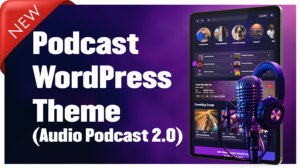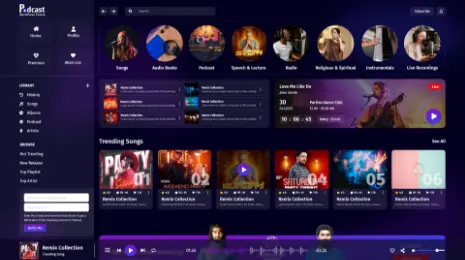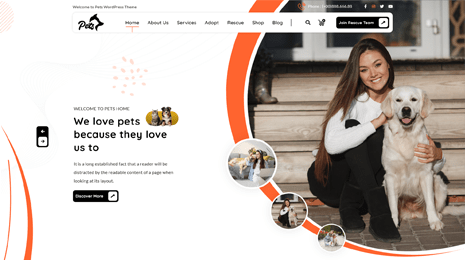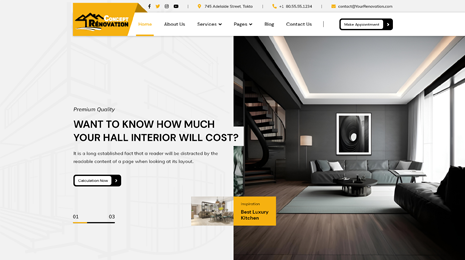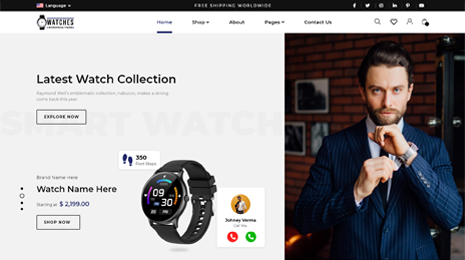In today’s digital age, ranking higher in Google searches has become essential for businesses and individuals alike. It’s a common misconception that ranking high on Google is all about having the right keywords and using technical SEO tactics.
However, it’s much more than that. Although Google keeps its ranking algorithm changing and keep all the ranking factors secret. But SEO experts speculates the main ranking parameters that can push your website ranking up and down.
Basically, google ranking parameters are combination of different elements. It includes elements like such as the quality of your content, website design, and user experience, different types optimizations.
Proven Ways on How to Rank Higher on Google Search
In this article, we’ll explore the various factors that contribute to a higher Google ranking and boost your website SEO.
Whether you’re a beginner or an experienced marketer, this guide will provide valuable insights to help you reach a wider audience and increase your online presence.
1. Publish Great Quality Content
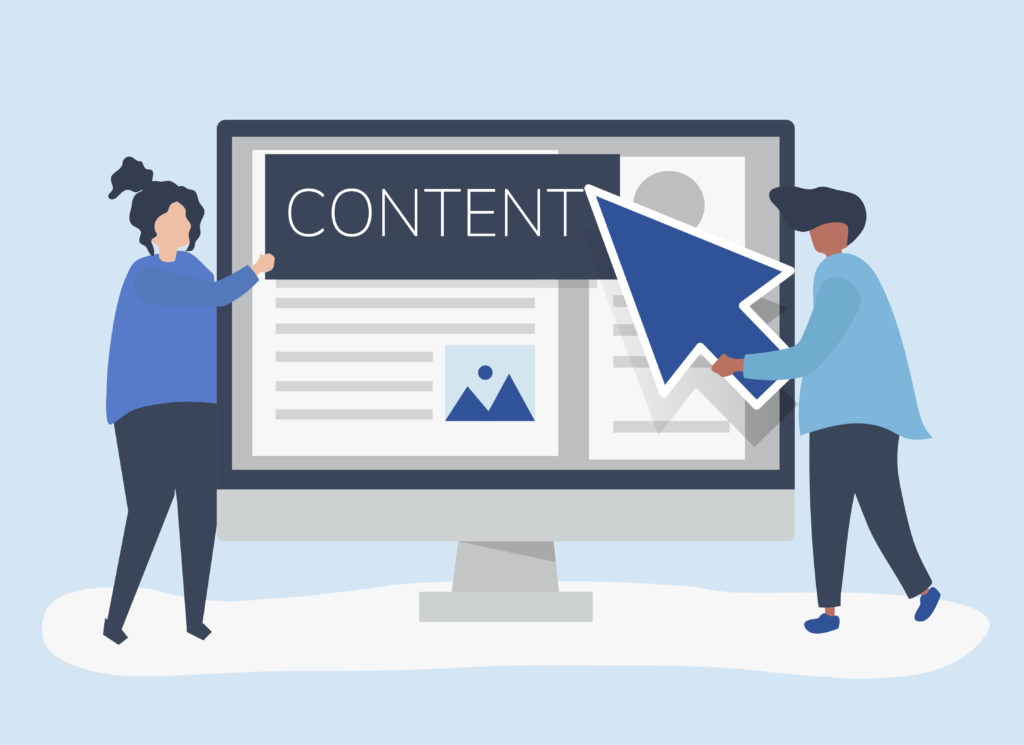
Publishing excellent quality content is one of the most important things you can do to rank higher on Google searches. If you want to rank and get more traffic to your website , your content must be high quality and relevant.
However, there are no set rules or requirements for what makes something “good” or “bad” content; it all depends on what the searcher wants at that moment in time.
You need to understand how people think when they’re searching. This is important so that their needs can be met by whatever type of information you provide them with.
It would be best if you also understood the difference between good and bad content. Bad content is irrelevant to what users are searching for or won’t give them any value. On the other hand, good content will be well-written, informative, and helpful all of which leads to more traffic.
Many different types of content can be used to help you rank well on search engines, including blog posts, articles, Ebooks and whitepapers, podcasts and videos, etc.
2. Optimize URL, Title, and Headings
Optimizing the URL, title and headings of your web pages are essential in improving your rankings. When you optimize these elements, you’re telling Google what your page is about so that it can better understand what users might be looking for.
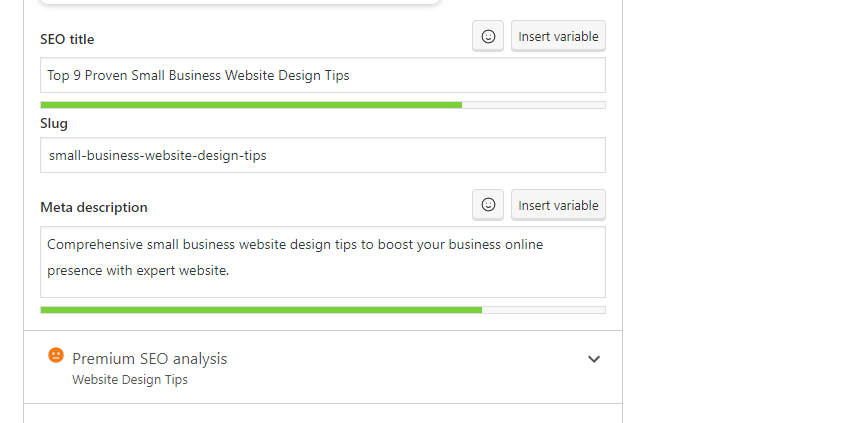
The first step in optimizing URLs is to ensure they are as descriptive as possible and contain relevant keywords for the content on each page.
For example. If you were selling shoes online then “running shoes” would be a good term to include in your URL. This is because it tells Google what type of product people will find when they click through from search results.
Next comes optimizing titles, which should include one or two relevant keywords and another phrase that describes what the page contains. This helps searchers quickly determine if your page has relevant information for finding answers through search engines like Google, rather than aimless browsing.
Finally, you should include relevant keywords in your meta description. This is a short description of what the page is about that Google displays below the URL in search results. It’s important because it can help encourage searchers who land on your page to stay there rather than bounce back out again.
3. Optimize for Voice Search

The voice search landscape is changing rapidly. Google recently released a new feature that allows you to ask questions directly from your phone or desktop computer through the Google app. This means that people can now get answers much faster than ever before. And they don’t even have to type them into the search box.
The first step in optimizing website for voice search is ensuring it is optimized for voice queries by creating content that answers questions in an easy-to-understand way. You should also include keywords within your content so it ranks higher on SERPs when someone searches using their voice.
If possible, create an FAQ section on your website with commonly asked questions and answers so users can easily find their answers without having to do additional research first.
4. Optimize for Local Search
A local search is a powerful tool for your business. It allows you to be found by potential customers in your area and provides them with the info they need to decide whether or not to do business with you.
Local search results differ from traditional ones because they include business listings, maps and directions. Suppose a user is looking for a restaurant nearby and types “restaurants” into Google.

In that case, they’ll see local restaurants first rather than just generic websites that list restaurants nationwide. That said, local searches still overlap with traditional searches. If someone types “Italian food near me,” then two kinds of results will come up.
Local Search Optimization strategies helps you get your business found on Google Maps and other local listings. LSO can be done manually or automatically, depending on how much time you have to devote to it.
5. Optimize Website for Mobile
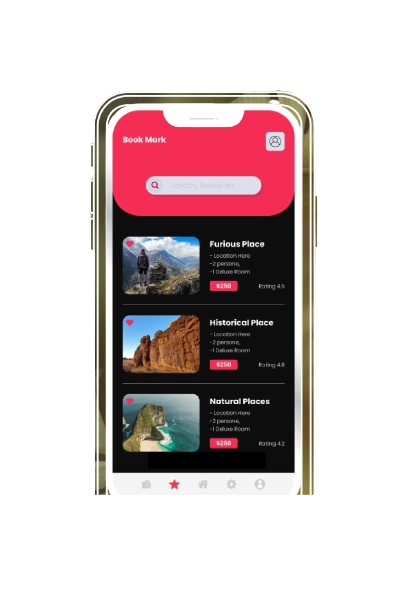
Optimizing your website for mobile can be a challenge. You want to ensure that your content is readable on a small screen and that users can navigate the site easily.
You should use responsive design. This means that when someone views your website on their phone or tablet, it automatically adjusts itself for the smaller screen size of those devices.
Also, ensure that you use a responsive font size so that the text doesn’t appear too large or too small for easy reading.
Next up, ensure to use a mobile-friendly navigation menu so people can easily find what they’re looking for on your site. This will also help boost rankings in Google’s mobile search results because they will see how well-organized the page is.
Make sure that your site loads quickly and doesn’t take too much time to load on mobile devices. This is especially important if you’re using a lot of multimedia content because those can be slow to load on slower connections.
Include a call to action at the top of your page that says, “Click here to find out more about our services” or “See our full menu.” This will help people find what they’re looking for quickly and easily.
6. Optimize Website images
Optimizing your website images is one of the easiest ways to optimize your website for search engines.
First, ensure that each image on your site is relevant to its content. If you’re writing about luxury watches and you have a picture of a cat playing with yarn in the sidebar, that’s probably not going to help you rank well for “luxury watches.”
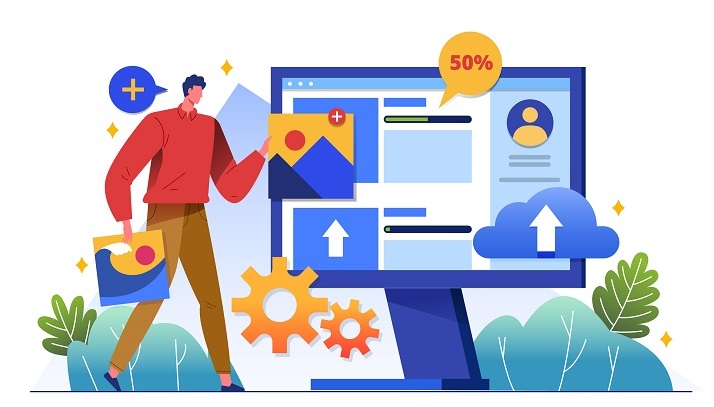
Second, ensure that all your images are high quality, and are not blurry or pixelated when viewed at full size.
Thirdly, use alt tags for each image so search engines know what’s in them without opening them up. This will also help with accessibility issues if someone has trouble seeing images on their screen due to vision problems such as colorblindness or blindness altogether.
Finally, don’t forget about image captions as it is an easy and effective way to help search engines understand what each image is about. You can also use the caption to link to your content, which will help with rankings.
7. Use Schema Markup

Schema markup is a way of adding structured data to your website. It helps search engines understand your content and shows it in the proper context. For example, suppose you mark up an event page with schema.
In that case, Google can use that markup to show a rich snippet with details like start time and location when someone searches for events in a city or town near where that event is happening.
Google uses schema markup on its properties, such as Google Calendar and Google Maps (for business listings). You can also use it on other websites by adding some simple code to pages with helpful info about products, services or people.
8. Improve User Engagement

Improving user engagement is a crucial factor in improving your rankings.
The quickest way to do this is by optimizing your site for user experience.
Make it easy to navigate.: Make sure that the content on your page is organized in such a way that users can easily find what they’re looking for and make sense of it all at once.
Make it easy to read.: If there are too many ads or popups on the page, this will distract users from actually reading what’s important. You want them focused on what matters. So, keep things clean and simple when creating an optimal user experience by keeping distractions out of sight as much as possible.
Load quickly: Google has said before that loading speed is one of their top-ranking factors. Slow loading web pages often leads to loss of potential clicks from visitors.
This means optimizing images so they aren’t too large makes sense here, too, since larger files take longer due to the internet’s limited bandwidth.
Make it easy to use: It doesn’t matter how excellent your product is if people need help figuring out how to use it. So, make sure that you have clear instructions for what visitors should do when they land on your page.
This could be as simple as telling them what buttons to press or how many steps there are in the process.
9. Create More Backlinks
Backlinks are still a critical part of SEO and are more important than ever. Backlinks are a way to get your site in front of the right people, which is one of the most important parts of ranking higher on Google searches.
Link building is also a long-term strategy for ranking higher as indexing and appearing of the created backlinks takes time. As this takes time to yield ranking you can focus creating quality content that will attract other websites owners to link back your content organically.
Be careful while link building and don’t go overboard. Google has penalized sites for getting to many unnatural links from PBN sites.
10. Fix Broken Links
Broken links are bad for SEO. If you have a broken link on your website, someone can’t get to the page they want to go to. You don’t want people to land on 404 pages, so ensure that all your content is working correctly and has no errors.
The best way to do this is by using reliable WordPress plugins. Broken link plugins will aid you to find all of the broken links on your website. You can fix these by redirecting to other page, updating the content or removing them altogether if there’s no more reason for them to be there.
Suppose pages on your site haven’t been updated in years but still contain some excellent info. In that case, consider using 301 redirects so people who search Google won’t see those dead links anymore.
11. Optimize Internal Linking
Internal linking is a strategy that helps search engines understand the relationship between pages on your website. It’s also essential for visitors because it helps them navigate your content more easily. Following points to be considered while optimizing website’s internal linking.
Use Relevant Anchor Text: When linking to other pages on your site, make sure to use descriptive and relevant anchor text. This will help search engines understand the context of your pages and increase their relevance for specific search queries.
Link to Deep Pages: Don’t just link to your homepage, make sure to link to deeper pages within your site. This will help spread link equity to other pages and increase their visibility in search results.
Use Silo Structuring: Organize your site into categories and subcategories and link between related pages within the same silo. This will help search engines understand the relationship between your pages and increase their relevance for related search queries.
Link Old Pages to New Pages. : When you publish new pages, make sure to link back to old pages that are relevant. This will help keep old pages relevant and drive more traffic to your site.
Use Header and Footer Links. : Place important links in header and footer to for easy access to users and search engines.
Use Breadcrumb Navigation. : Implement breadcrumb navigation on your site to help users and search engines understand the hierarchy of your pages.
Link from High Authority Pages. : When linking to other pages on your site, make sure to link from high authority pages to spread maximum link equity to other pages. This aid in increasing their visibility in search results.
12. Get Citations
A citation is an authoritative reference to your business or its websites on online business directories and apps. When Google crawl these online directories and business listing sites, it recognizes the mention of the business website link.
If your website link is mention inside the citation, it is considered the vote of trust to your business from listing directory website. This way citations helps to build credibility and relevancy of your website, which are important Google ranking parameters.
13. Get More Reviews
Reviews are a critical part of your business’s online reputation, and they can have a significant impact on your rankings. Reviews can be good and bad, but Google uses them to indicate how much people like you.
A review is simply someone’s opinion about something they’ve used or experienced.
Reviews are critical because they help potential customers make decisions about whether or not to purchase from you. You can increase your chances of getting more reviews by ensuring that all customers leave feedback after purchasing from you even if it was just one small interaction.

14. Implement Structured Data on Website
Structured data is an HTML element that make easier for Google’s search engine to understand what your site is about. This helps the rankings of your content and gives you a better chance of being found by people looking for what you offer.
To implement structured data on your website, create a schema for each type of page (e.g., product pages, blogs, etc). Then use this schema markup whenever possible when creating new pages or updating old ones. It will appear as code under the title tag when viewed in Chrome DevTools or Firefox Developer Edition.
15. Make Sure Website Loads Quickly
Improving your website for fast loading is important to rank higher inside the google search. Google has been working hard on improving its algorithm for years. They’ve made some significant changes by releasing its mobile-first indexing algorithm.
If your website slow, Google will degrade your SERP rankings by upgrading fast loading website ahead of you.
The best way to ensure that your site loads quickly is by using a Content Delivery Network (CDN). A CDN services store your website data on geographically distributed servers. Whenever user access website the nearest server of CDN fast loads your website data to that visitor. It enhances the user experience by loading your website fast.
One server may be slower due to heavy traffic or technical issues like bandwidth limits or server crashes/outages. This can cause downtime periods lasting hours or even days at times.
Another way to fast loading websites is to install light coded Premium WordPress themes. Light coded themes ensure fast loading due to light code structure.
16. Use Local Search Optimize keywords
Keyword research is a great way to find new and relevant keywords that you can use in your content. It’s also a good idea to look at what other people are writing on their websites.
You want to make sure that the keyword has been placed naturally and doesn’t look artificially stuffed. As long as there are few results using the exact keyword phrase, there should be no problems with ranking well in the SERPs.
17. Optimize for Semantic Searches
Optimizing a website for semantic search involves the use of relevant keywords and phrases inside the content. It involves creating content with high-quality information, and providing a positive user experience.
By doing so, search engines like Google can better understand the context and intent behind each search query. This leads to a higher ranking as Google can match the information on the website with the user’s search intent.
Semantic search optimization help websites to rank higher for a wider range of keywords and queries. This optimization results in more organic traffic and potential customers to your website.
By improving the relevance and accuracy of search results, optimizing for semantic search not only benefits the website but also enhances the user’s search experience.
Conclusion
In conclusion, ranking your website higher in Google search results requires a combination of a well-optimized website, high-quality content, and effective Search Engine Optimization checklist.
Some key techniques to consider include reviews, proper keyword research, on-page optimization, backlinking, local SEO, and mobile optimization. By consistently implementing these tactics and staying up-to-date with the latest search engine algorithms, you can achieve higher rankings in Google search results.


